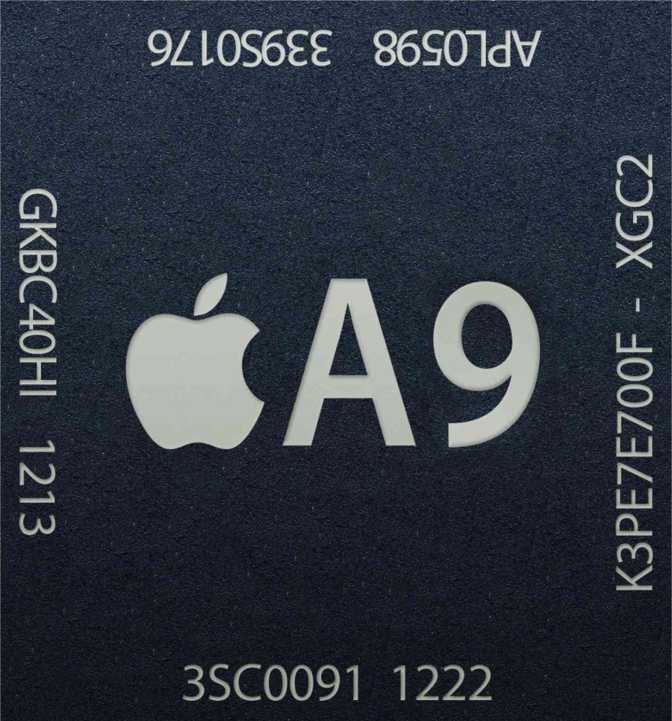The big news this week for Mac users is that Apple is strongly rumored to have made the decision to drop Intel chips from 2020 in new Macs. What will this mean though for the average Mac user?
The most significant effect will be that iOS and macOS will be closer than ever before.
iPhones, iPads, Apple TV and Apple Watches already use Apple’s own Arm Holdings Plc (ARM) chips and putting one inside a Mac means that the same applications and utilities will work seamlessly on all Apple devices.
Games and apps will no longer be iPhone or iPad only – the harmonizing of processing chips on both devices means they will all work on macOS too.
In fact, it was already reported at the end of 2017 that Apple is working on a unified iOS and macOS operating system in a project codenamed “Marzipan”.
Make no doubt about it – iOS and macOS will eventually become one and is most likely to happen next year.

It also means that Apple will be able to optimize the performance of Macs better than ever by having more control of the components in it.
In particular, the new Macs should have significantly better battery life as Apple knows how to get the most efficient performance out its own chips, than Intel chips.
Mac users should also see lightening fast performance in their Macs and less slow downs over time.
On the downside it will mean that a lot of software will simply stop working on Mac.
The reason for this is that all software that works on Mac is designed to work with Intel processors.
Suddenly, software developers will be faced with a major headache whether to rebuild their software to work with the new Apple ARM processors, or whether to stop supporting Mac.
The best case scenario is that Apple will include an internal “translator” like Rosetta when Macs changed from PPC to Intel chips so that Intel based software will work with ARM processors.
As more and more software becomes Cloud based, this might be less of a big deal than it sounds.
But the fact is that the vast majority of apps, games and software available for Mac are still desktop applications designed for Intel chips.
There are going to be some very disgruntled software developers that already struggle to support a Mac version of their software and simply decide it’s not worth the hassle or investment anymore.
Most importantly, Apple will find itself with a lot of angry Mac customers who find that the software they’ve used for years no longer works on new Macs from 2020 onwards.
This most famously happened in 2006 when Apple switched Macs from IBM PowerPC chips to Intel chips instantly making many major titles no longer compatible with new Macs.
To ease the transition, Apple developed Rosetta which enabled some PPC software to work with Intel chips but it didn’t work for complex major titles such as Adobe’s Creative Suite.
The original move to Intel processor chips was a huge deal for Mac users and a very smart move by Apple. In particular, it allowed users to run Windows on Mac using Boot Camp.
It also opened the floodgates to gaming on Mac because developers could start releasing Mac versions of major titles that were already available for Intel based PCs.
The decision to move to ARM chips will make Apple the only major computer manufacturer that uses its own chip. PC manufacturers such as Dell, HP and Lenovo all use Intel.
It’s therefore a pretty brave move and when Apple switched from IBM PPC chips to Intel Chips, it was because Apple felt IBM just weren’t keeping up with Intel in terms of performance.
One can only presume that Apple feel they can now leave Intel behind with even greater performance.
With VR gaming on MacBooks now on the horizon thanks to eGPUs for Mac, the demands on processors will increase significantly. It’s understandable that Apple feels, for various reasons, it wants to go it alone in the impending age of VR and AI.
Let’s hope they make the transition smooth enough so that both developers and customers don’t feel completely left behind again.
What are your thoughts about Apple’s decision to go it alone? Let us know in the comments below.

